Image Source: Visual China
BEIJING, March 15 (TMTPOST) — Multinational convenience store chain 7-Eleven’s store in Liangmaqiao Beijing was recently called out for a number of hygiene issues, drawing heavy criticism in China.
The reporter who went undercover for the news report discovered that the staff at the 7-Eleven store in Liangmaqiao Beijing would put hot pot ingredients on top of trash bin caps and put cup noodles right beside cockroach glue board traps. The reporter also found that the staff at the store would reuse unsanitary containers for heating up food and put expired drinks into sales.
The news report has sparked massive criticism targeting 7-Eleven on Chinese social media as food safety has always been a sensitive matter in the country.
The case in China is not an isolated episode. In Japan, 7-Eleven was also accused of using expired food in January. The company had confirmed the accusations and pledged to take the matter very seriously while releasing an official apology on its website.
7-Eleven China has released an apology on Chinese social media Weibo, confirming that the Liangmaqiao store did violate relevant operation rules and standards of 7-Eleven. The store has been requested to suspend operation and undergo readjustment, the company said in the statement. In addition, 7-Eleven said that it is conducting an internal assessment of its stores in Beijing and will release an investigation report to the public after the assessment.
Founded in 1927, 7-Eleven was an American chain of convenience stores belonging to The Southland Corporation. After 70% of the company was acquired by an affiliate Ito-Yokado in 1991, it was reorganized as a wholly-owned subsidiary of Seven & I Holdings. The convenient store chain operates, franchises, and licenses 78,029 stores in 19 countries and territories as of November 2021. 7-Eleven entered mainland China in 1992 and opened its first convenience store in South China’s Shenzhen.
关键词: English

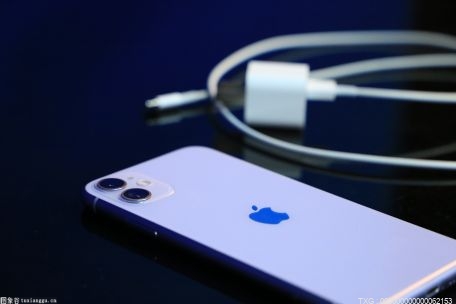
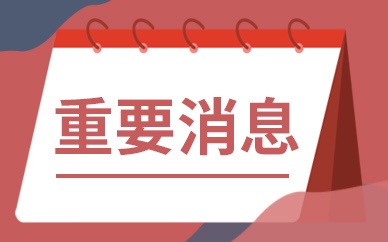




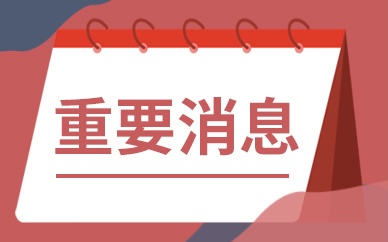

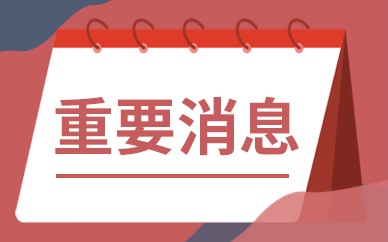



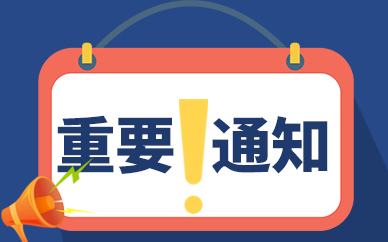
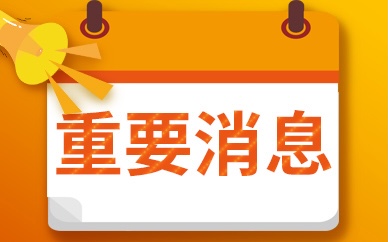


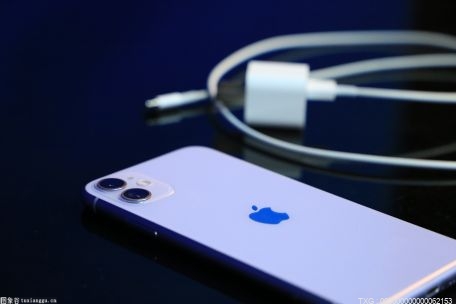
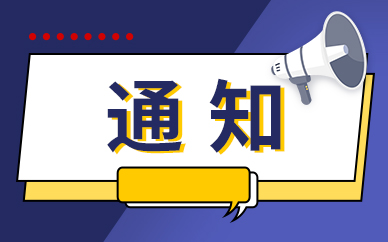

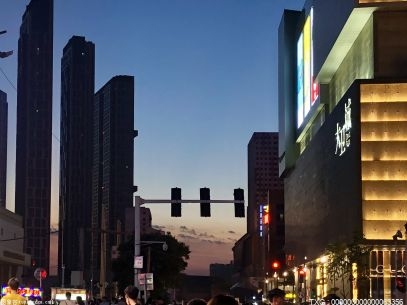

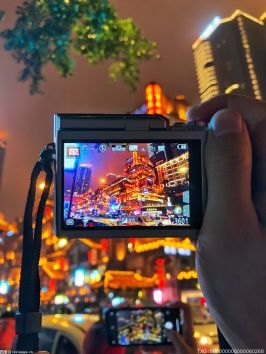
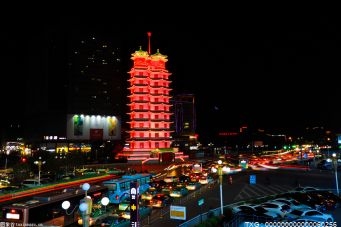


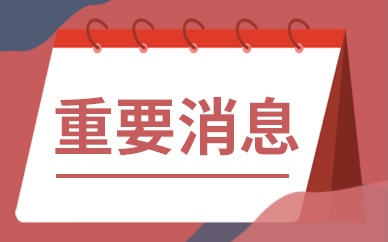
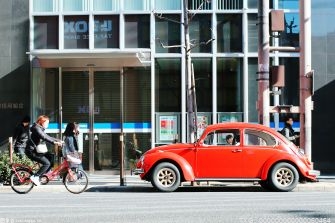
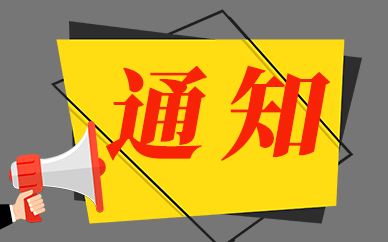
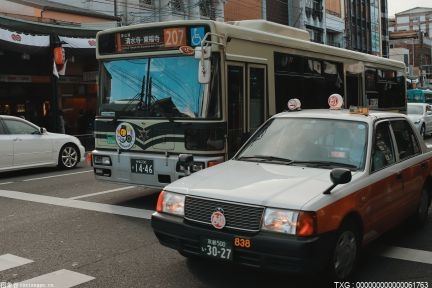
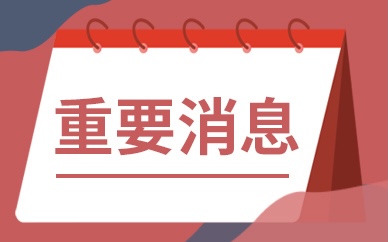

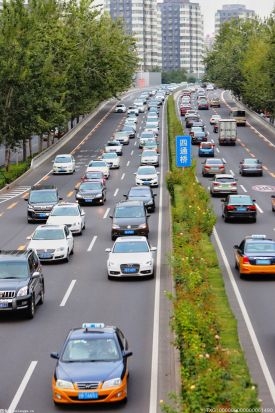
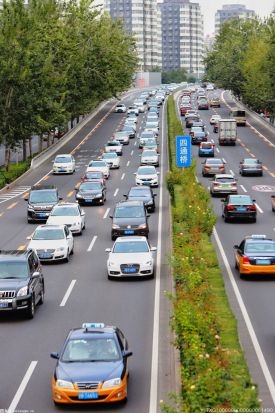

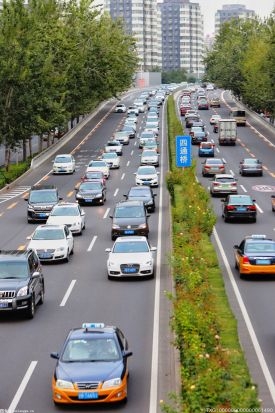
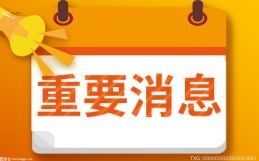

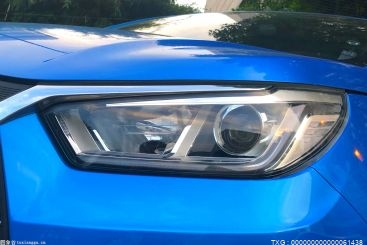

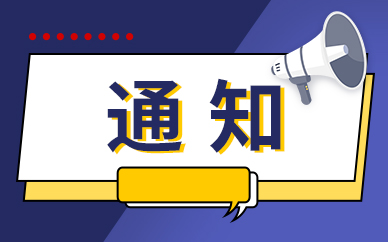


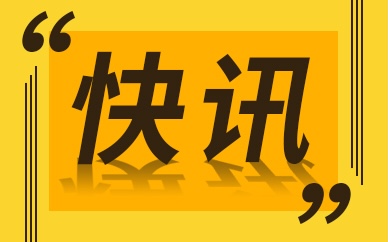
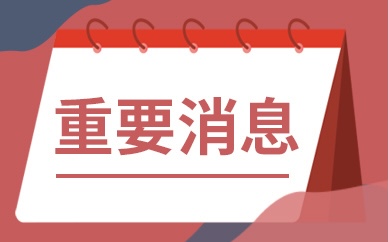


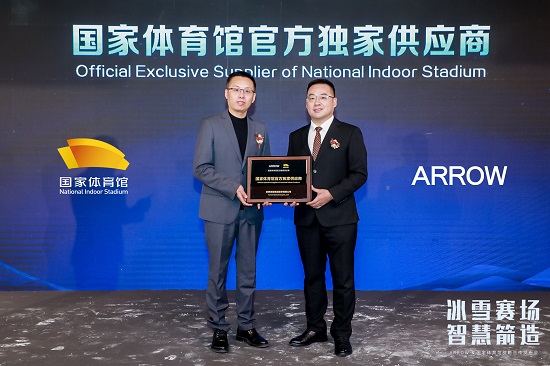

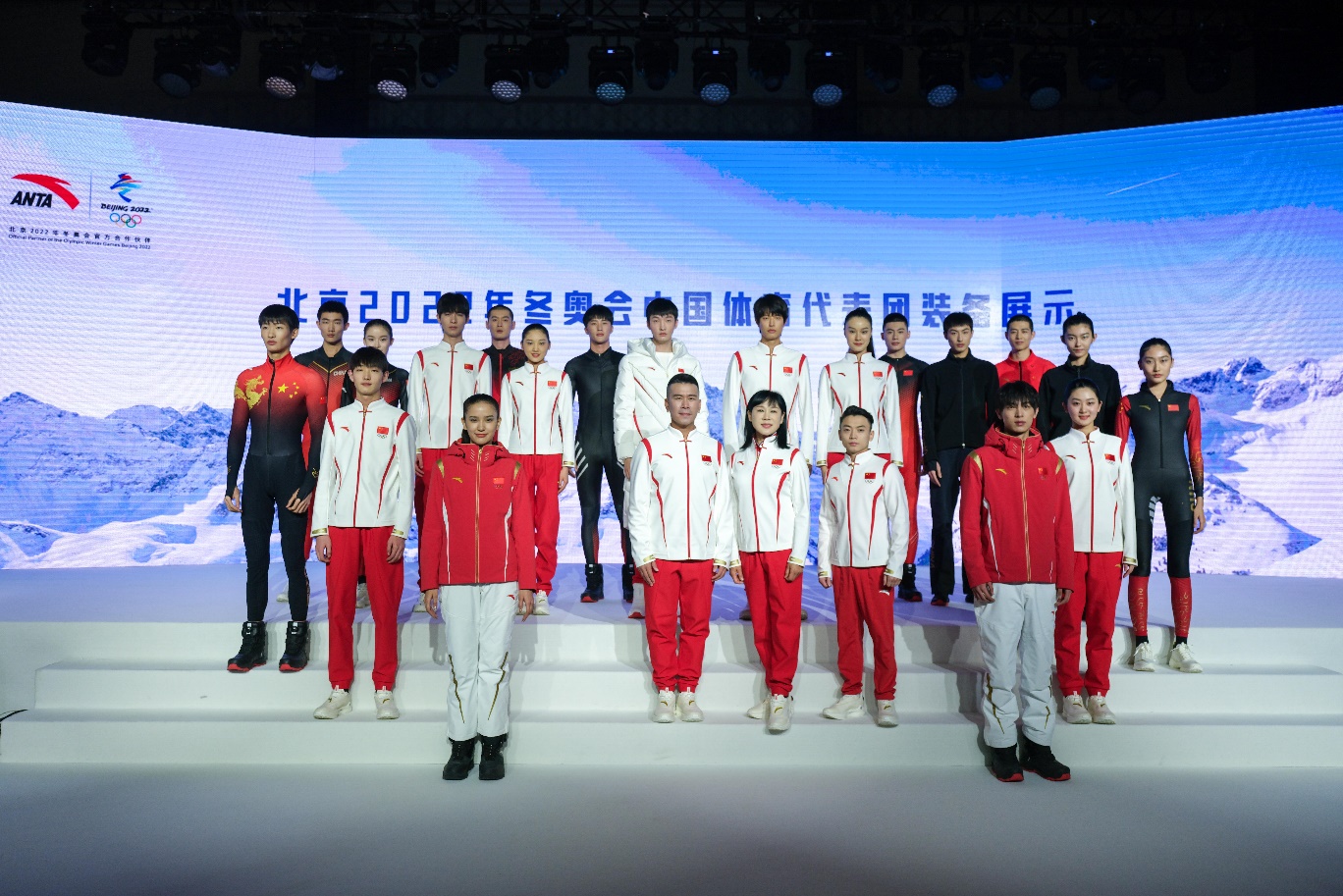



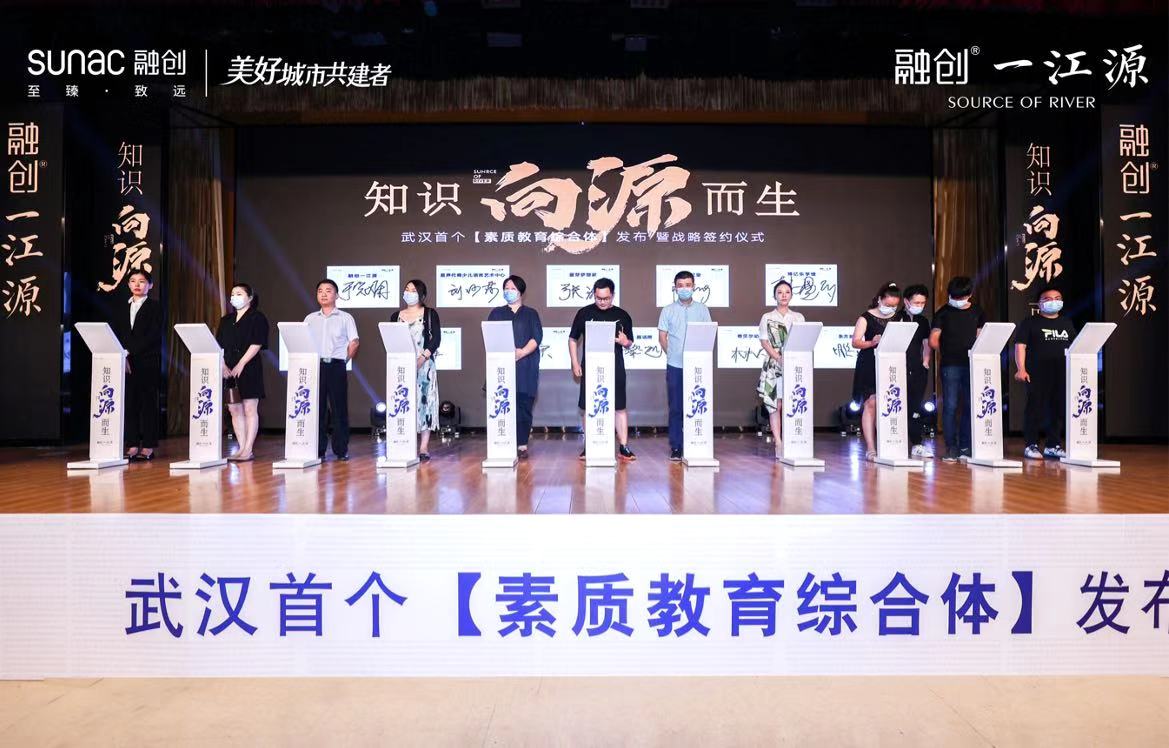
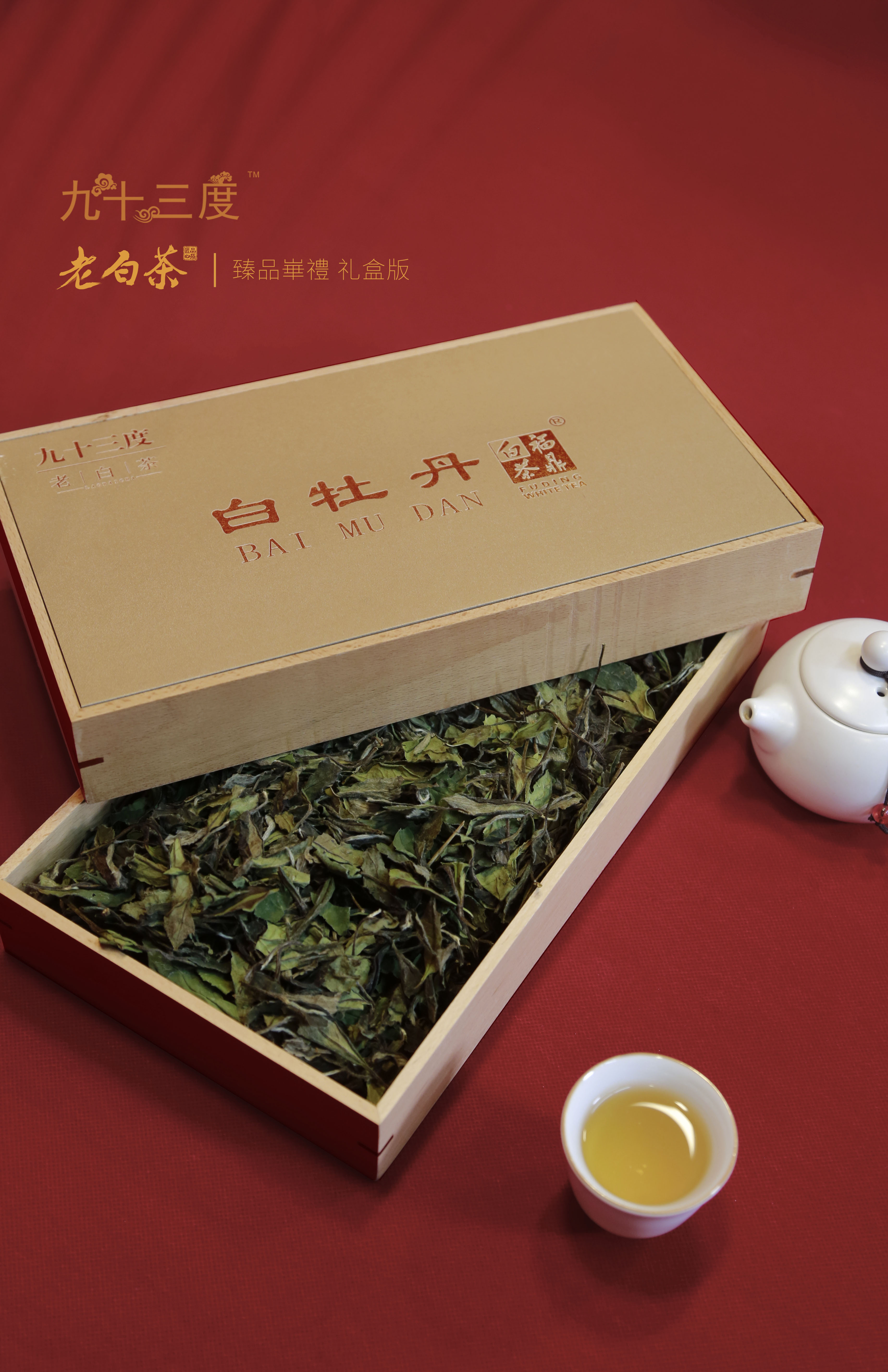
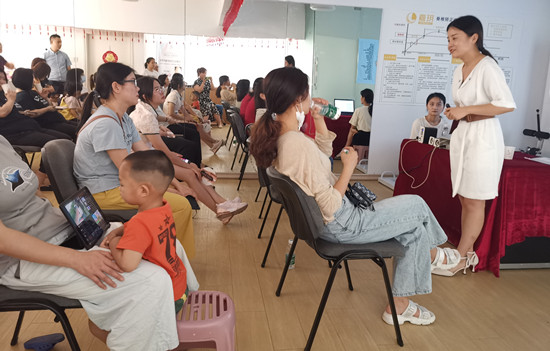
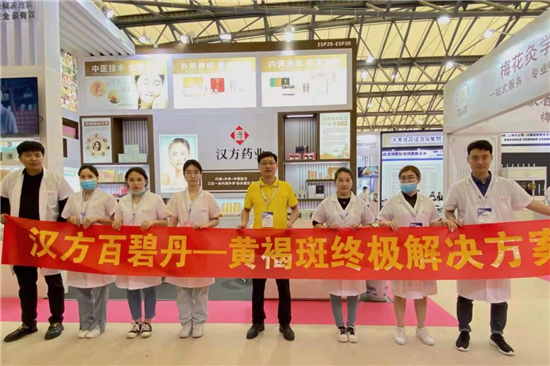
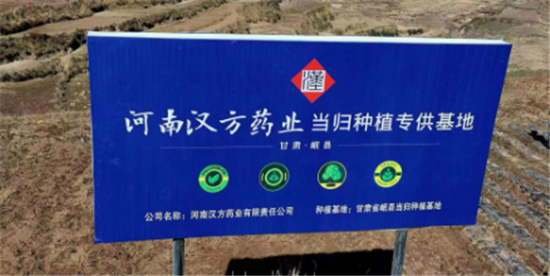
 营业执照公示信息
营业执照公示信息